Programme

- Arrival @ Changi International Airport
- Pick up and transfer to University Town, NUS.
- Registration, collection of goodies bag, team photo taking
- Tour of NUS Campus Facilities
- Breakfast, Lunch and Dinner will be provided at the U-Town
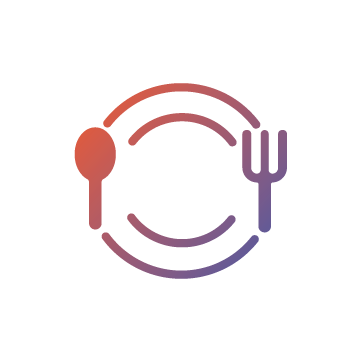
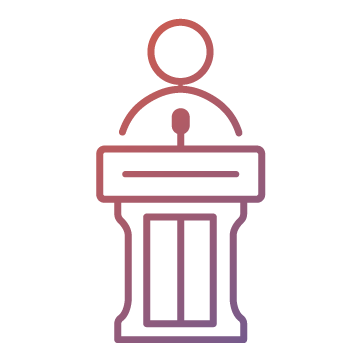


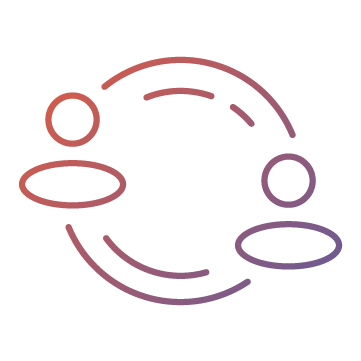
Contestants Leaders
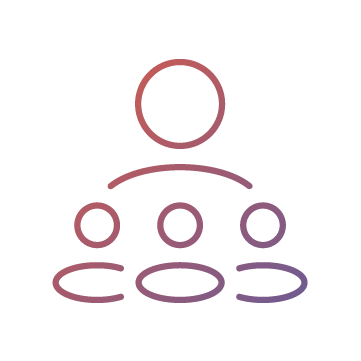
Guests
- NUS Coop
- U-Hall
- SOC Gallery
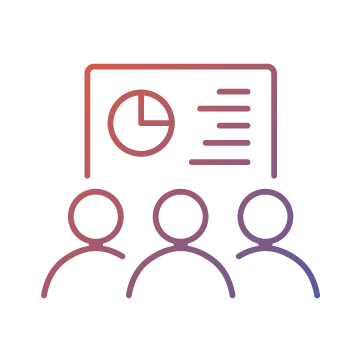
Contestants
Leaders

Contestants Leaders



Leaders



Contestants
Students are required to wear the RED ICO T-shirt. Snacks are
available during the contest but must be consume outside the contest hall

Leaders

Guests

Leaders Committee Volunteer

Contestants

Leaders




- Marina Barrage
- Gardens By the Bay (Flower Dome + Cloud Forest)
- Marina Bay Sands (Sky Observation Deck)
- Merlion Park




Contestants
Students are required to wear the BLUE ICO T-shirt. Snacks are
available during the contest but must be consume outside the contest hall

Leaders
IC, ISC, ITC nomination and election

Guests

Leaders Committee

Contestants

Leaders


Participants may wear their respective national costume to represent their countries



- Universal Studios Singapore

- 20:00 First bus to return to U-Town
- 20:30 Second bus to return to U-Town
- 21:00 Last bus to return to U-Town



- Participants are encouraged to go to Changi Airport early to enjoy the attraction at the
airport (Jewel at Terminal 1)
- The schedule timings and
programmes are subject to change. Any updates will be communicated promptly. - Shuttle services will be
provided for transfers between University Town (U-Town) and School of Computing – COM3. - Participants are
encouraged to adhere to the shuttle timings to ensure smooth transitions. - All students and team
leaders must attend all ICO activities and programmes to be eligible for certificates and medals. - Team leaders are also
required to participate in all ICO activities and programmes. Failure to do so will result in them being
treated as guests, and additional fees will apply. - All meals mentioned in
the schedule will be provided. If you have specific dietary requirements or allergies, please inform the
organizing team during registration. - During the Excursion
days, Lunch and Dinner will be provided in Bento sets/ Food vouchers will be provided. - Please carry your event
ID badges and any required materials (always provided in the goodie bags) for easy identification and access
to venues. - Emergency contact
numbers and a help desk will be available at U-Town and COM3 for any assistance required during the
event. - Photographs and videos
will be taken throughout the event. If you have concerns about being photographed, please notify the
organizers. - Ensure all personal
belongings are packed and checked before departure on Saturday, 28 June 2025.
Training Materials
Links to access training materials for the qualifier:
Participants can refer to the NCL online training materials (pre-recorded basic training videos below), covering the following topics:
- Session 1: Cryptography (Course Videos)
- Session 2: Networking Fundamentals (Course Videos)
- Session 3: Red Teaming & Introduction to CTF (Course Videos)
- Session 4: Digital Forensics (Course Videos)
Additional Advanced Topics:
- Session 5: Additional Topics on Networking (Course Videos)
- Session 6: Python Program to solve CTF challenges (Course Videos)
- Session 7: Additional Topics on Digital Forensics (Course Videos)
Online platforms such as TryHackMe, picoCTF, and Hack The Box can be used as demos in the training program. Participants can use these platforms to learn and practice on the real CTF environment.
Participants can refer to any other relevant training resources (not limited to NCL materials).
The online qualifier contest will be a 3-hour continuous open book CTF contest. The CTF questions for the qualifier will be set based on the above topics but not limited to. Students are encouraged to learn any concepts which will be helpful to take part in the online qualifier contest.
Python programming knowledge required:
- Basic python programming knowledge about Comments, Variables, Data Types, Conditional Statement, Loop, file I/O, Operators, Conditional Statement, OOPs Concepts, Exception Handling, Collections.
- Network library such as Requests, Socket, Scapy, Paramiko, Socket.IO, HTTPx, PyCurl.
- Cryptography library such as SSL, Cryptography, PyCrypto, PyCryptodome, Hashlib, PyNaCl.
- Library for penetration test such as Impacket, Python-nmap, Pwntools, BeautifulSoup.
C Programming knowledge required:
- Basic C program Compilation Skills, Basic Syntax and Structure, Data Types and Memory, Control Structures, Functions, Pointers and Arrays, Strings, Memory Management.
- File I/O, Bitwise Operations, Buffer Overflows, Structs and Typedefs, Assembly and System Calls, Debugging and Tools(optional).
Other References:
- Cryptography Engineering: Design Principles and Practical Applications, N. Ferguson, B. Schneier & T. Kohno.
https://www.schneier.com/books/cryptography-engineering - Coursera: Cryptography I, Dan Boneh
https://crypto.stanford.edu/~dabo/courses/OnlineCrypto/ - ED Zwicky, S Cooper, DB Chapman, Building Internet Firewalls: Internet and Web Security (2nd edition), 2000.
Building Internet Firewalls, 2nd Edition[Book] - TCP/IP Illustrated, Vol. 1: The Protocols (Addison-Wesley Professional Computing Series) 37647th Edition by W. Richard Stevens (Author)
https://www.rfc-editor.org/ - Fundamentals of Digital Forensics: Theory, Methods, and Real-Life Applications, Joakim Kävrestad
- Digital Investigation Techniques: A NIST Scientific Foundation Review, NIST Interagency/Internal Report (NISTIR), National Institute of Standards and Technology, Gaithersburg, MD, [online], Lyle, J. , Guttman, B. , Butler, J. , Sauerwein, K. , Reed, C. and Lloyd, C. (2022),
https://doi.org/10.6028/NIST.IR.8354,
https://tsapps.nist.gov/publication/get_pdf.cfm?pub_id=935497 - Red teaming techniques course: https://tryhackme.com/path/outline/redteaming
Disclaimer: All cited sources on this page, except for the course videos, belong to their respective owners, and while the site may include third-party links for educational purposes, we do not own, monitor, or take responsibility for these external resources or any interactions with third-party providers.

